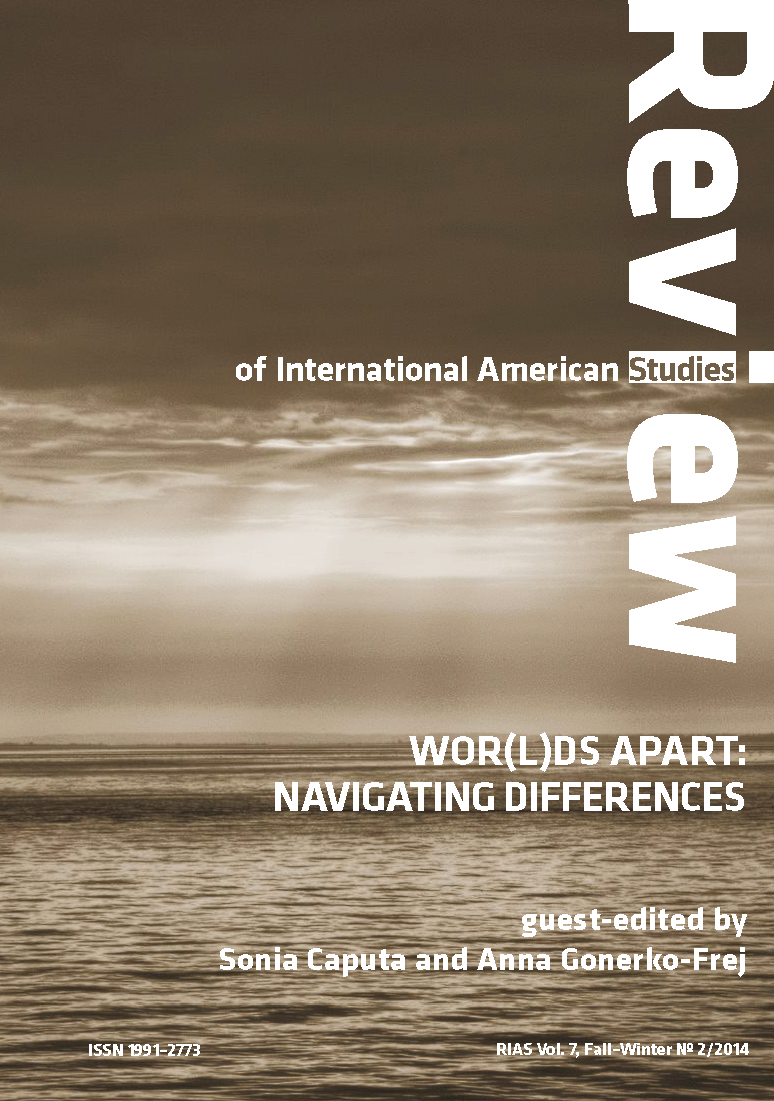‘Zones of Discomfort’ in US Latino Politics: When Sharing a Sea Does Not Suffice
‘Zones of Discomfort’ in US Latino Politics: When Sharing a Sea Does Not Suffice
Author(s): Virginia R. DominguezSubject(s): Politics / Political Sciences, Language and Literature Studies, Studies of Literature, Comparative Study of Literature, Other Language Literature, Culture and social structure
Published by: Wydawnictwo Uniwersytetu Śląskiego
Keywords: ‘Zones of Discomfort’; US Latino Politics
Summary/Abstract: What is a U.S. Latino and what does US Latino politics look like? Moreover, what does space, location, and travel over sea, land, and air have to do with U.S. Latino life and politics? Over the years many people have come to anticipate certain things as characteristic of the Latino presence in the US (either from media coverage or political analysis). Many concentrate on the large population of at least partial Mexican family origin. But what happens when different questions are asked and different locations are privileged? In this paper, I look at the southeast coast of the U.S. and not the central, western, or southwestern parts of the country, and I examine expectations of who lives in Florida, what their relation to ‘the US’. is, and what their sense of diaspora and nationness are. Typical and long-standing associations placing Cubans in southern Florida and Puerto Ricans in the New York metropolitan area are shown here to be more problematic than expected. This paper will show (a) that a noteworthy difference still exists between Puerto Rican and Cuban-American engagement with the US but that it is full of paradoxes, (b) that much of the difference concerns racialization, and (c) that it may be most productive now and in the future to concentrate on the surprises, what I have elsewhere (Dominguez, American Anthropologist, September 2012) recently called the ‘zones of discomfort’, rather than our ‘comfort zones’ as students, scholars, and academics. Among the most provocative points made reframing the issue will be the idea that the Cuban diaspora has made more Cubans into Americans than the 1917 Act made Puerto Ricans Americans.
Journal: Review of International American Studies
- Issue Year: 7/2014
- Issue No: 2
- Page Range: 119-139
- Page Count: 21
- Language: English

